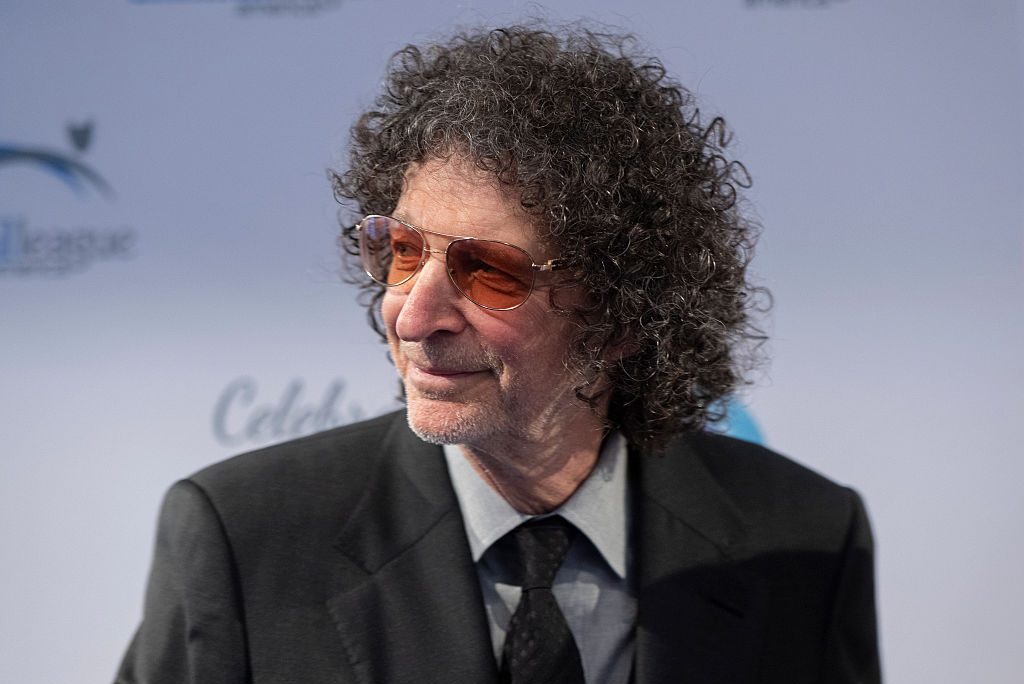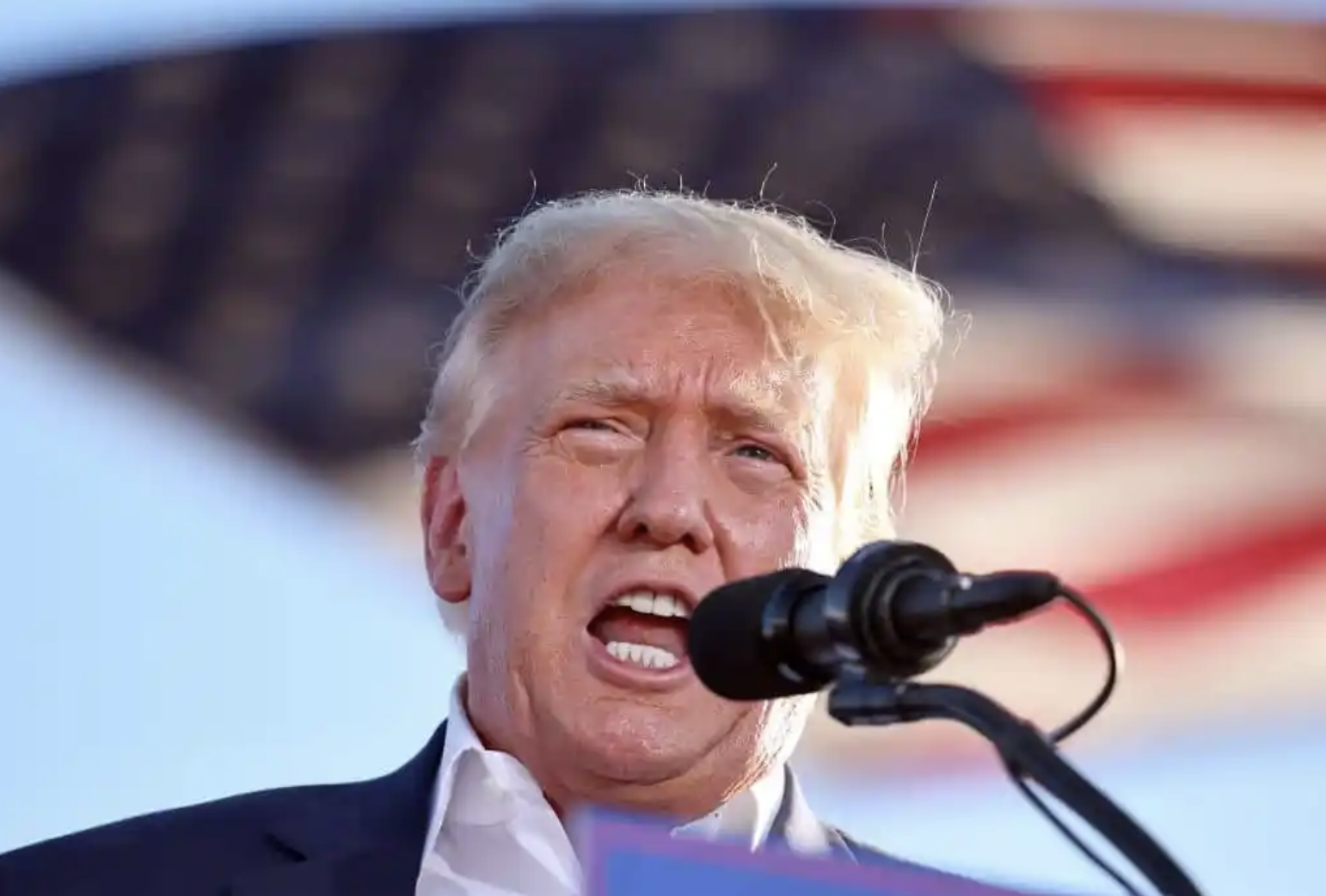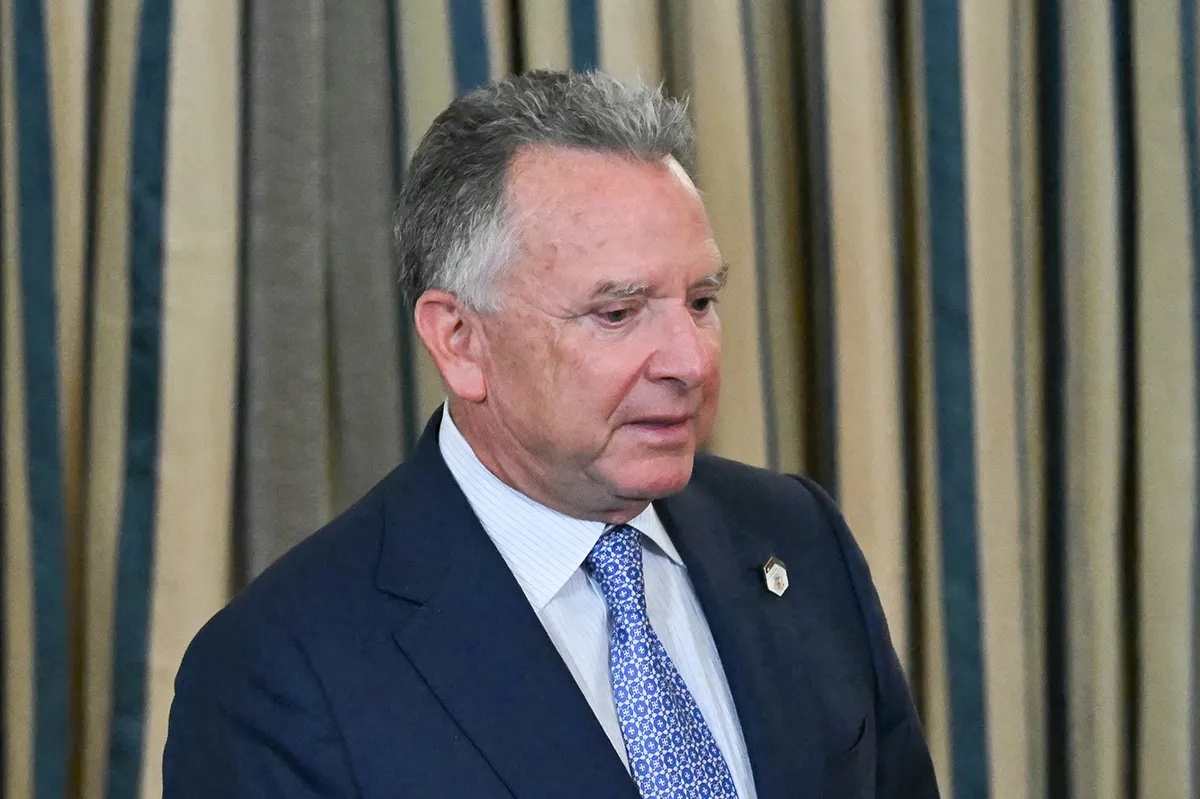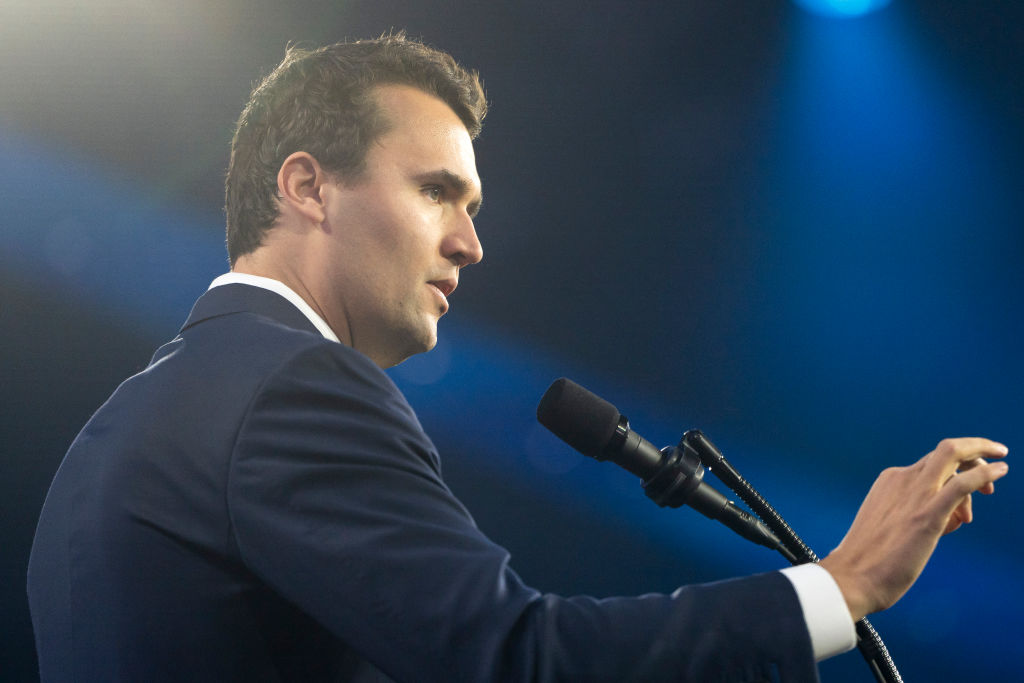It’s hard to say out loud, but it looks like The Howard Stern Show may finally be winding down at SiriusXM. With his contract coming to an end and no clear word on renewal, even Stern himself sounds noncommittal. For the first time since the 1970s, the radio world is bracing for a future without him.
But for many of us – particularly those of us in Gen X who came of age during his prime – that future started a long time ago. Because the Howard Stern we grew up on, the one we admired, feared, laughed with (and sometimes fought with) has been gone for years.
I was a teenager in the Eighties and a driven, hard-working young professional in the Nineties. I didn’t just listen to Stern – I studied him: his timing, his fearlessness, his command of the mic. He was chaos and order, raw instinct and precise control. Every segment was a masterclass in real, unscripted, unfiltered entertainment. For anyone who dreamed of a life behind the microphone, he was the guy.
He wasn’t political. He wasn’t partisan. He wasn’t trying to change the world. He was just trying to tell the truth, in the most outrageous, hilarious, sometimes jaw-dropping way possible.
And then he changed.
What happened? The decline of Howard Stern tells us a lot about the larger cultural shift we’re all living through. It’s a story of rebellion traded for comfort, danger traded for safety, authenticity traded for approval.
It started in 2006, when Stern left terrestrial radio for the brave new world of satellite. At the time, it felt revolutionary. For the first time in his career, Howard would be truly free. No Federal Communications Commission fines, no program directors, no language restrictions. He could say anything. But freedom has a strange way of backfiring.
What made Stern so electric in the Nineties and early Aughts was the tension. He was always pushing the line, toeing the edge of what was allowed. Working within those boundaries – and constantly fighting them – gave his show its fire. There were consequences to his words, which made them dangerous. That danger was thrilling.
After he went behind the SiriusXM paywall, all that was gone. He wasn’t risking anything anymore. He could be as vulgar or explicit as he wanted, but suddenly it felt indulgent, not rebellious. The danger was gone, and so was the edge.
His audience changed too. Gone were the legions of truck drivers, warehouse guys, retail clerks and contractors who caught the show on the way to work. The paywall narrowed his reach and, slowly, his cultural footprint.
Howard didn’t stop being great because he went to satellite. He stopped being universal.
The second shift came with the money. And, look, good for him. A $500 million contract? That’s the American dream. But once you’re that rich, the money changes you. And more importantly, it changes the show.
Howard built his empire by fighting – Station managers, executives, politicians, rival hosts. He was the underdog, the guy being censored, fined, harassed, and punished for daring to speak his mind.
But once he became the highest-paid broadcaster in history, there was no more fight. He had won. He didn’t have a boss anymore. He was the boss. And with no one to battle, there was no more friction, and no more fire.
Suddenly, the guy who once ranted about bureaucracy, bad management and corporate nonsense was no longer punching up. He was the system. And his show, once anarchic and unpredictable, became safe. Soft. Comfortable.
Worse, it became celebrity-driven. Where once Howard roasted celebrities and cut through their fake personas, now he courted them. The guy who once ridiculed Hollywood phoniness was now sipping wine with Jimmy Kimmel and kissing up to Ellen DeGeneres.
Then Trump broke his brain. If the move to Sirius dulled Stern’s edge, Trump annihilated it.
The guy who made his name being the most politically incorrect man in media suddenly became a scold. A hall monitor. A voice of sanitized, elite-approved opinion. The man who used to mock everyone and everything was now in lockstep with the Manhattan elite he used to detest.
And it wasn’t just Trump he turned on, it was us. The listeners. The regular, blue-collar, lunch-pail Americans who rode with him for decades. He didn’t merely oppose Trump politically – fine, that’s his right – he condescended to and insulted the millions of people who supported him.
He called Trump voters idiots. He called the unvaccinated selfish. He sided with the institutions, the media, Big Pharma, Big Tech. And he sneered at the working-class skeptics who dared to push back.
Howard Stern didn’t just move to the left. He moved up: into the penthouse of the cultural elite.
The King of Media became the King of Martha’s Vineyard Dinner Parties.
But here’s the real sin, the one that supersedes politics, platform or paycheck: Howard Stern became boring.
The bits got longer, the interviews safer. The spontaneity dried up. Even the voice changed. No more fired-up, rapid-fire rants. Just slow, meandering monologues from a guy who sounded less like a rebel and more like a retiree.
In radio, that’s death. Because the only cardinal sin in this business is this: Don’t. Be. Boring.
Howard used to say that himself. He used to live by it. But now he’s become it.
So yes, the headlines say Howard Stern might be ending his show. But for a lot of us, it ended a long time ago. Not with a bang, but with a whimper.
We didn’t stop listening because we changed. We stopped listening because he did.
We still respect what he accomplished. We still appreciate the risks he took. We still remember how hard we laughed. But we also remember the moment we realized he wasn’t speaking for us anymore. He was speaking at us. Or worse, down to us.
The King of Media lost his crown not because someone took it from him. He gave it away.


























Leave a Reply